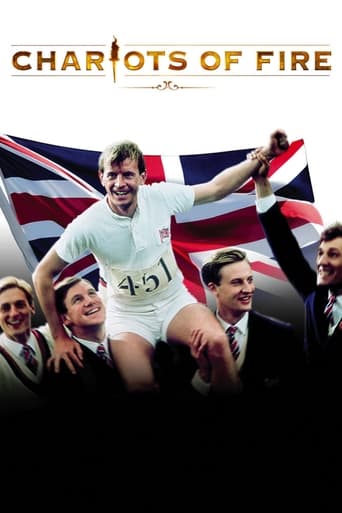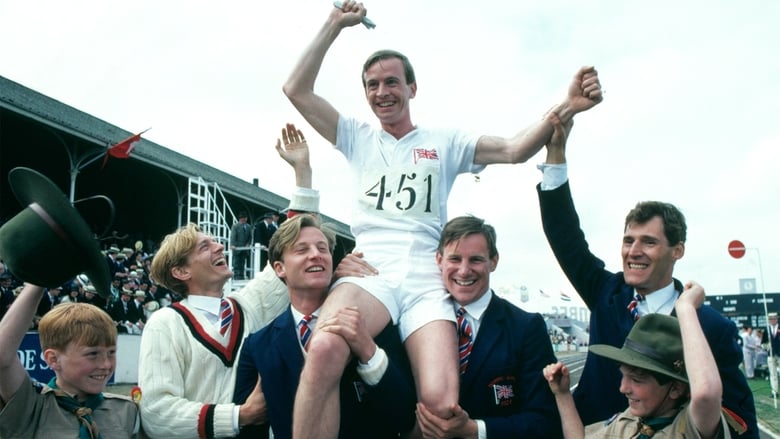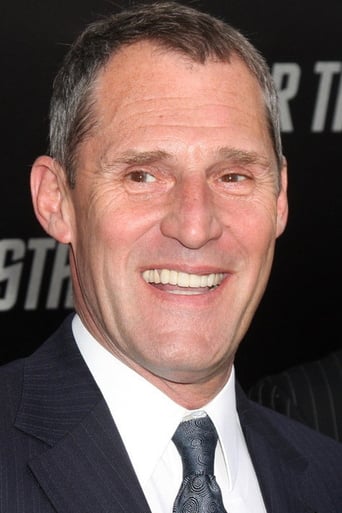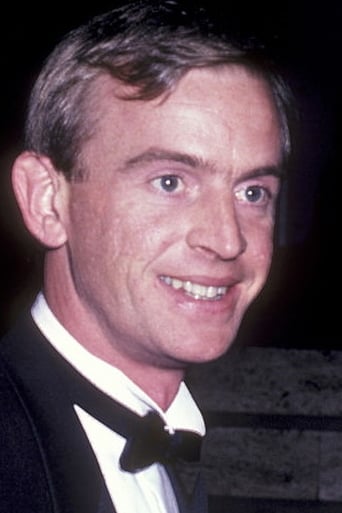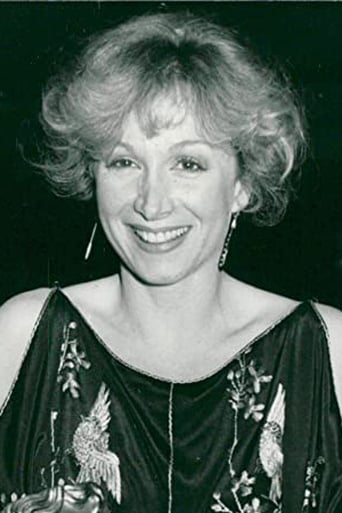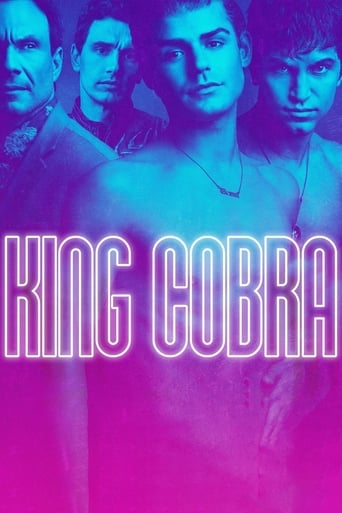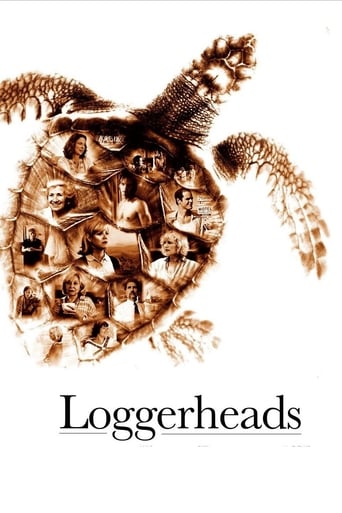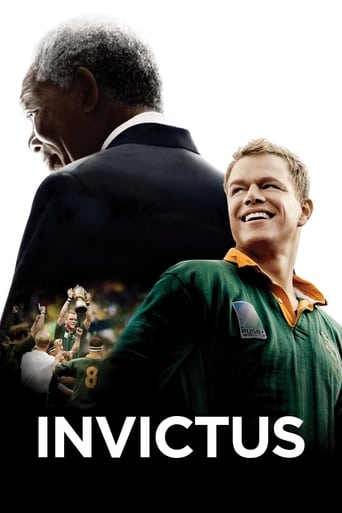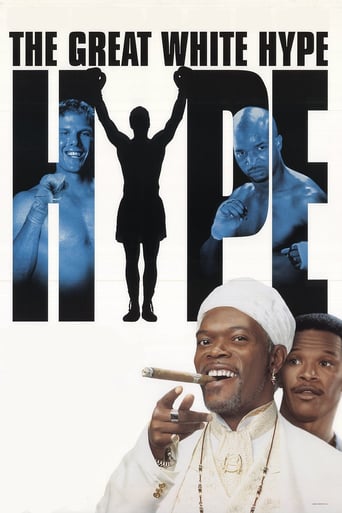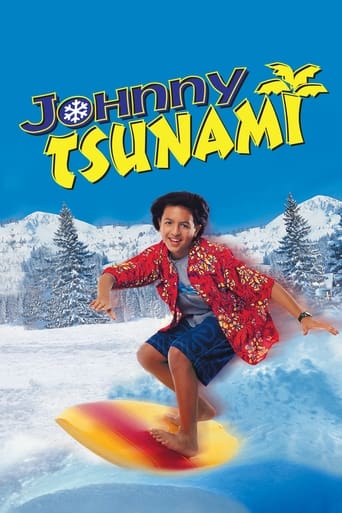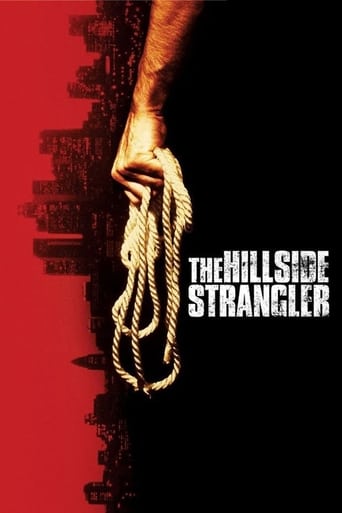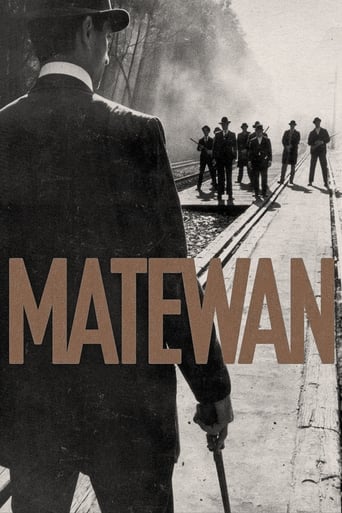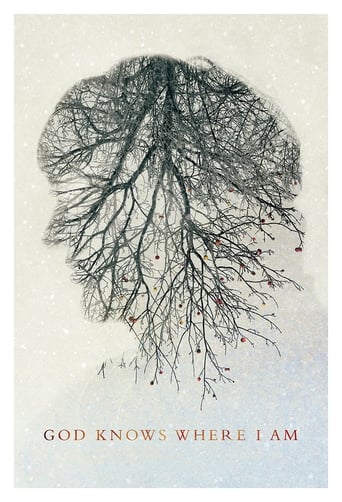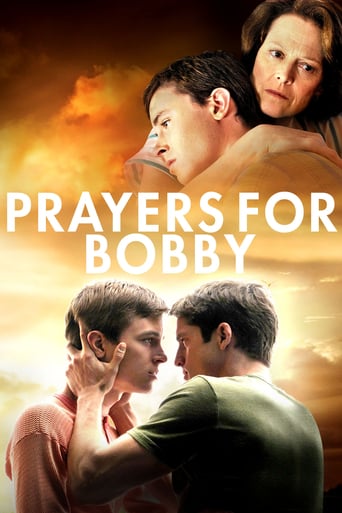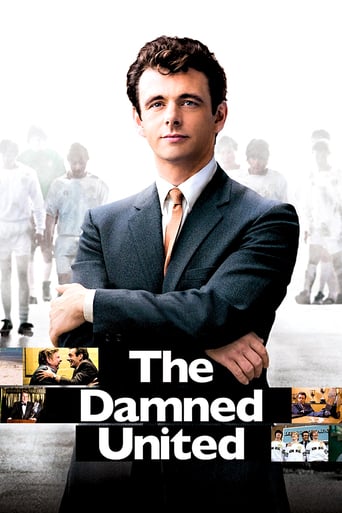Chariots of Fire (1981)
In the class-obsessed and religiously divided UK of the early 1920s, two determined young runners train for the 1924 Paris Olympics. Eric Liddell, a devout Christian born to Scottish missionaries in China, sees running as part of his worship of God's glory and refuses to train or compete on the Sabbath. Harold Abrahams overcomes anti-Semitism and class bias, but neglects his beloved sweetheart in his single-minded quest.
Watch Trailer
Cast


Similar titles
Reviews
Awesome Movie
An Exercise In Nonsense
Through painfully honest and emotional moments, the movie becomes irresistibly relatable
It’s not bad or unwatchable but despite the amplitude of the spectacle, the end result is underwhelming.
This film addresses the trajectory and rivalry between two Olympic runners of the English racing team who participated in the 1924 Olympics, in Paris. However, its far from be a mere sports film and can be seen under different prisms and approaches. Harold Abrahams is a young Jewish athlete who is determined to win all the races he runs in order to prove his worth to everyone, and perhaps to himself in the first place. The subjects of anti-Semitism and social elitism are evident and greatly affect his character and personality. His rival, Eric Liddell, is a Protestant, son of missionaries and husband of a devotee of the Presbyterian Church. He sees race as a way to praise and magnify God, and is so strict with his faith that he refuses to participate in races on Sunday. One wishes to affirm himself, to show what he is capable of, while the other knows what he is capable of, wanting only to thank those who believe that he has given him these abilities. Both, however, are marked by society because they do not fit fully into it, one for ethnic reasons, the other for the religious fervor in which he lives. Hypocrisy also appears in this film: university rectors who rejoice over a student's achievements but are not able to show it openly, or the banned trainer who is forced to watch his pupil's run from a window. And we also have something that still happens in today's Olympics: exacerbated nationalism's turning healthy sporting into a matter of national pride, fueled by medals and ovations.From these considerations you may be thinking that the plot is the best thing this movie has to offer and that's true, but it's not bad if you think the essence of any movie is to tell a good story. But it's also true that it's not the only good thing in this movie. The cast has heavy names that worked furiously and played great. Ben Cross was great like Abrahams, being able to express very well the psychological and emotional fragility's of this character; Ian Charleson was equally good in the role of Liddell, especially when speaking or talking about religion. On the track the issue was different, for I hated to see the actor running so affected and artificial, with his mouth wide open and swallowing all the unsuspecting flies that came up on the way. Cinematography is very good, within the standards of the films of the late seventies and early eighties, without the quality that the current film and digital resources have already accustomed our eyes. Some camera shots are excellent and quite unique. As for the soundtrack, composed by Vangelis, it really has become an icon, although I do not like the sound of the synthesizer and prefer the same song in a totally orchestral version. But this is a matter of personal taste.Nominated for seven Academy Awards, this film only achieved four of them, among which "Best Picture" and "Best Soundtrack". I also have some doubts about whether it will age well and stay popular in the coming decades, since it has virtually disappeared from DVD store windows, as well as from TV channels (even those who are especially dedicated to movie broadcasting). In any case, it remains one of the best films of the eighties and is an absolute must for any connoisseur of the seventh art.
After all these years the opening sequence of "Chariots of fire" is still one of the most memorable in the history of movies. A celebration of life and youth, the "simple" pleasure of being alive and running barefoot on the beach and the wonderful soundtrack enhancing the moment.The plot is about Abrahams and Liddell, two very different English athletes who competed in the 1924 Paris Olympic games.Abrahams is a Jew and a bit of a whiner. Allegedly "discriminated" because of his religion, Abrahams is rich, studying at one of the most exclusive universities of the country and on the verge of Olympic immortality. Hardly heavy burdens to bear. Liddell is a Scottish missionary, born in China and ready to go back but not before competing in Paris.Not being into sports, I found the film well-made, but slightly too long. Abrahams love story fills uselessly some screen time. It could have been avoided, without damaging the main plot in any way.Also, for non-English audience, the patriotic pride is a tad overbearing. It is a fine movie, but the big winner is the music, hardly ever used to best effect. You can forget the whole story and you will still remember the boys dressed in white running in slow motion on the beach.
The story of two British athletes, Eric Liddell and Harold Abrahams, their determination to succeed and how their faith and convictions sustain them. It will all come to a head at the 1924 Olympics in Paris.Decent, but not brilliant. Story is fine but not really astonishing or that profound, unless this is the first time you've ever heard of someone remaining true to their faith and convictions. Really only memorable for the running on the beach scene, with the anthemic Vangelis theme playing over it.Won the Best Picture at the 1982 Oscars. Was a fairly weak year, as other nominees included Reds, On Golden Pond and Raiders of the Lost Ark.
"Chariots of Fire" is today remembered for three things: 1) its pretentious title, 2) its opening credits of young British men running barefoot in the surf scored to Vangelis' famous synth theme, and 3) being one of the Academy Awards biggest misfires as to a Best Picture winner. How this ponderous and plodding film won over Spielberg's "Raiders of the Lost Ark" will puzzle film fans for generations to come.The plot: in post World War I Britain two young men from different backgrounds pursue an opportunity to compete as runners at the 1924 Paris Summer Olympics. One is a wealthy, Cambridge student who runs out of anger at a world he feels does not truly accept him due to his being Jewish and thus it's a world that he constantly wants to best. The other is a devout Presbyterian Scot whose life's work will be as a missionary and believes that God reflects his joy in him by giving him the ability to run really, really fast.There is no question that "Chariots of Fire" is well-acted and decently filmed, but there really isn't much of a story here. There's almost no conflict or tension. The two main characters rarely interact with each other. It's as if they each have their own little film. In the Olympics, they don't even compete against one another. The film's "villains" are some stuffy Cambridge deans and the big, bad American Olympic team. However, it's clear from the start that the two main characters are also world class athletes. They're not exactly underdogs.What we get is that two great athletes ran in the 1924 Olympics for different personal reasons. So? Couldn't we make a movie about almost any other Olympic athletes? What made these two any more special or unique? One didn't want to run on the Sabbath? That's interesting, but it's not exactly the stuff of 130 minute movies. Sadly, a lot of "Chariots of Fire" feels like sluggish padding.

